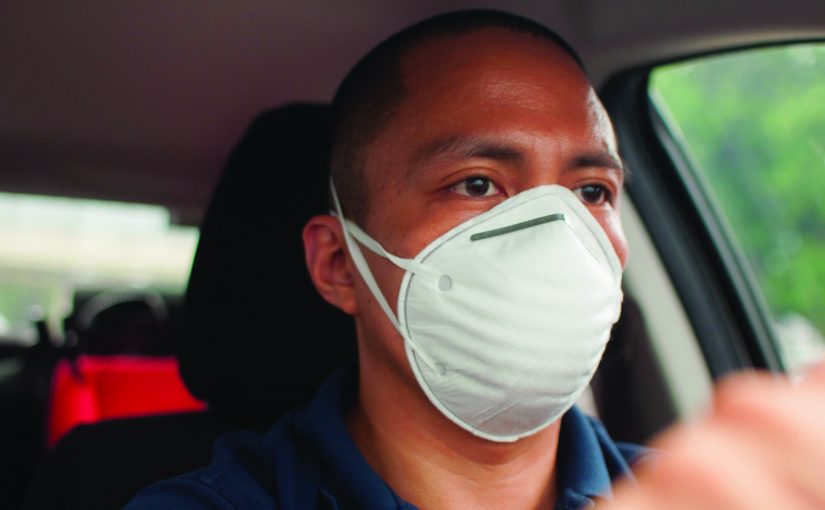Share
By virtue of their chosen profession, law enforcement officers (LEOs) find themselves at extraordinary risk for psychological injury. The profession is no stranger to burnout, vicarious trauma, and po...
Share
April is Alcohol Awareness Month, designed to increase awareness and understanding of the causes and treatments of a serious public health problem—alcoholism. In fact, alcohol use is the most com...
Share
Members of the policing profession ought to embrace the concept of a functional diet. Foods are not only a necessity for living, but they are also a source of mental and physical well-being. Nutrition...
Share
The past year has been one of unparalleled stress for police officers. When not addressed, the cumulative stress faced by officers can result in low morale, burnout, and health concerns....
Share
Today’s law enforcement training will profoundly impact tomorrow’s outcomes. It is clear that, when lives and livelihoods are at stake, every second counts.
At any given moment, an officer may ...

Share
As COVID-19 has spread in the communities they protect and serve, police officers are experiencing the adverse effects of the virus, as well. Recent examples of climbing infection rates among first re...
Share
Nearly everyone who has been in law enforcement for any length of time has known someone in the profession who committed suicide or had other issues related to mental health. According to Bluehelp.org...
Share
Peer support is an important component of mental wellness services, including suicide prevention, for police officers. Many agencies have established formal peer support teams in their organizations w...


